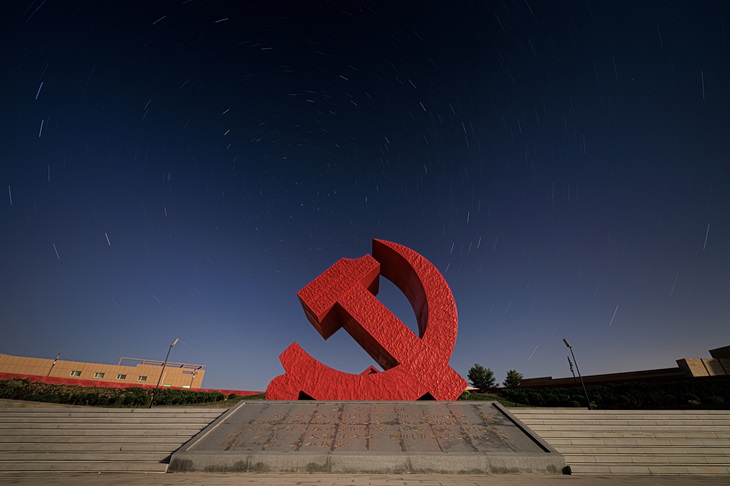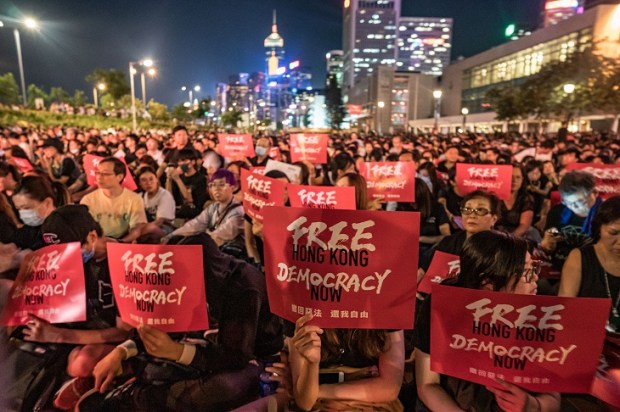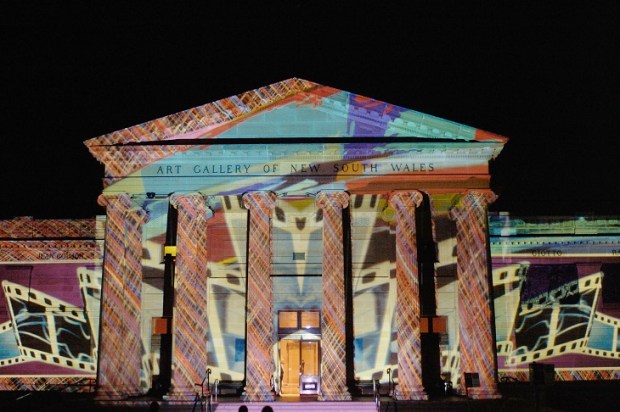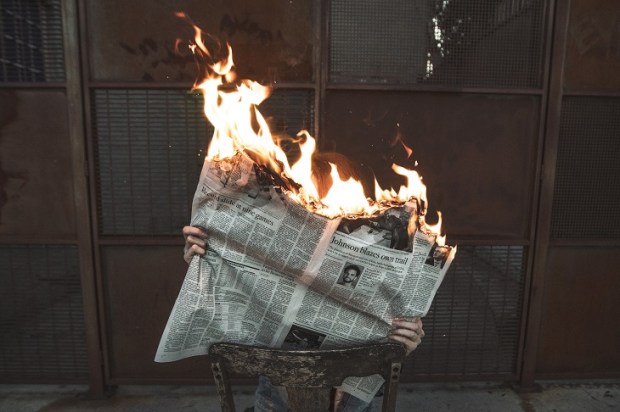Australian conservatives are in an uproar about the state of discourse on university campuses, especially after instances such as Harvard students’ letter condemning Israel while omitting Hamas’ violence. The situation for freedom of expression has become ever more dire with the escalating violence of hot wars (e.g., Ukraine-Russia, Israel-Palestine) shrouded in misinformation.
Already a subscriber? Log in
Subscribe for just $2 a week
Try a month of The Spectator Australia absolutely free and without commitment. Not only that but – if you choose to continue – you’ll pay just $2 a week for your first year.
- Unlimited access to spectator.com.au and app
- The weekly edition on the Spectator Australia app
- Spectator podcasts and newsletters
- Full access to spectator.co.uk
Or


























Comments
Don't miss out
Join the conversation with other Spectator Australia readers. Subscribe to leave a comment.
SUBSCRIBEAlready a subscriber? Log in